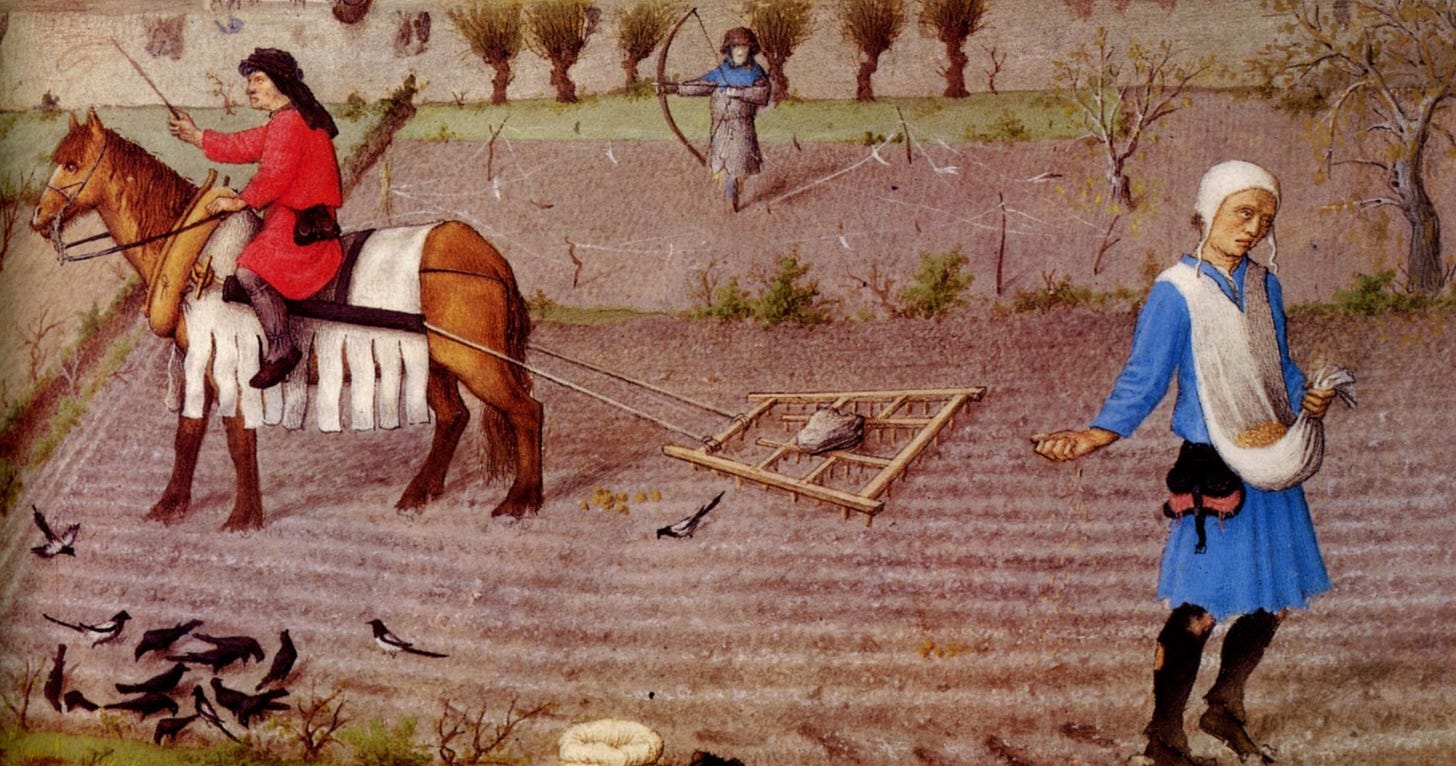Fresh Batch #105: Were the Greeks the Originators of Oriental Despotism?
Are the Twelve City-States of Etruria Forgery?
In The Holy Sailors (click the image), I cited a couple authors whose work suggests, if not proves, that the despotism in Europe is a result of an oriental system being brought to Europe. “In Tibet, the priests ruled over the initiated idlers, who ruled over the uninitiated laborers. We see this system all over the world now. The feudal system in Scandinavia and Britain comes from India, the Sacæ (which may be a placeholder term like the Gauls), who came to Britain during the time of the Romans. Vallancey cited two authors regarding this system. First is Richardson, ‘The feudal system in Europe is an exotic plant, but in the East it is indigenous, universal, and immemorial. In India, Persia, Tartary, and other Eastern countries, the whole detail of government, from the most ancient accounts down to the present hour, can hardly be defined by any other description than feudal.’ Then he cites D’Ancarville, ‘Asia was then a fief depending on Scythia: it was the first governed by this kind of constitution, and here may be discovered the origin of the feudal system, brought into Europe by these very Sacæ.’”
Grant wrote something that may indicate who brought feudalism to Europe (The Etruscans, p. 117), “In the pre-urban period of the ninth century BC, the archaeological evidence suggests that the society of the villages in Etruria had been broadly uniform, egalitarian, and classless, with one exception: since this was a society which, from the beginning, was based on the traditional clan (and the families into which it was subdivided), the supremacy of the chiefs of these clans and families was generally recognized. In the following century, however, after the first important contacts with the Greeks and near-easterners, the appearance of enormously rich tombs indicates the emergence of a whole new wealthy class, profiting from the foreigners’ desire for local metals. Under the leadership of this class a strongly feudal society developed, in which there was a tendency for monarchies to be gradually replaced by oligarchic governments.”
I also suspect there may be a forgery committed regarding the Etrurian states involved with a “league” of twelve, which comes from Livy, as Grant noted (Ib. p. 120), “Twelve was a familiar number in groupings of Greek cities, and a particularly conspicuous example was the Ionian Federation. The Ionians influenced Etruria in many ways, and they surely influenced the development of its ‘league’. But these Ionian influences only occurred in the latter years of the sixth century BC, so the Etruscan ‘twelve’ do not appear to be earlier than that.”
Become a member to access the rest of this article.
Keep reading with a 7-day free trial
Subscribe to Ancient History, Mythology, & Epic Fantasy to keep reading this post and get 7 days of free access to the full post archives.





